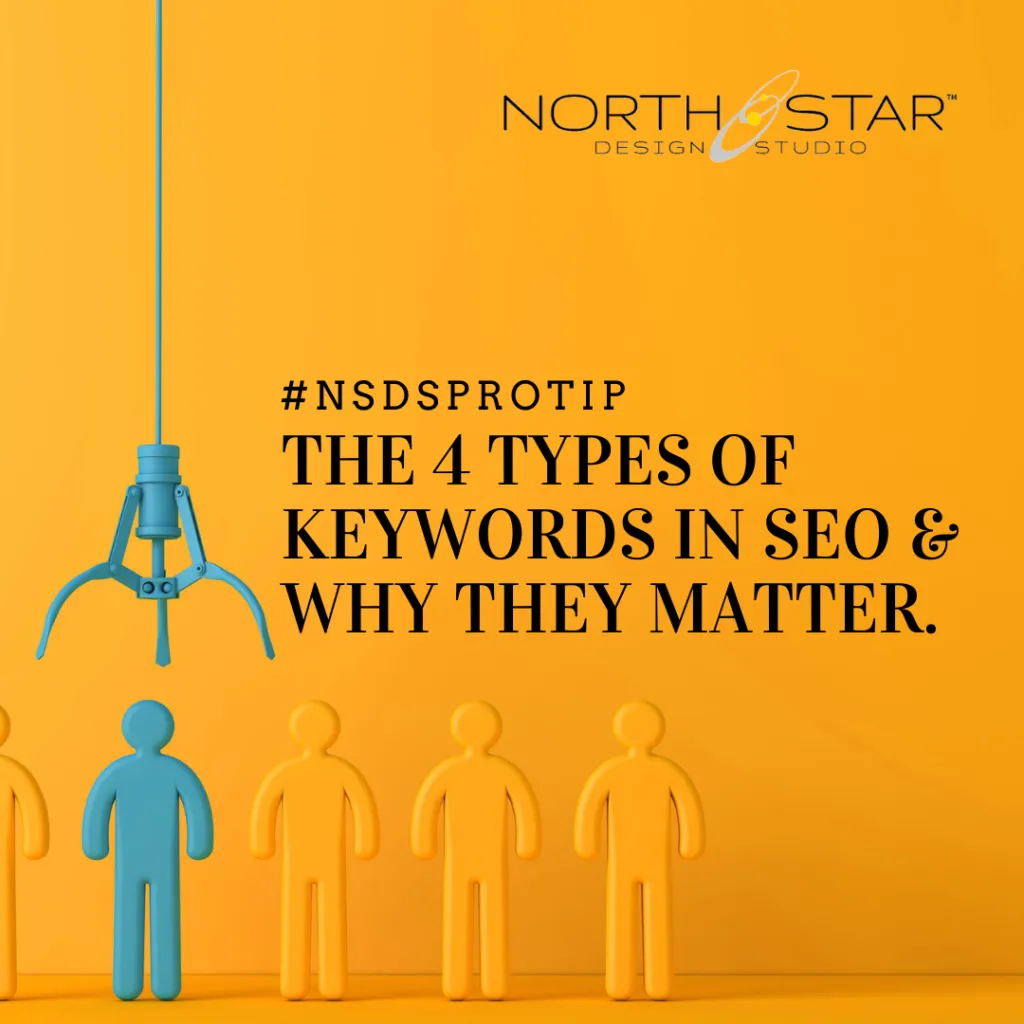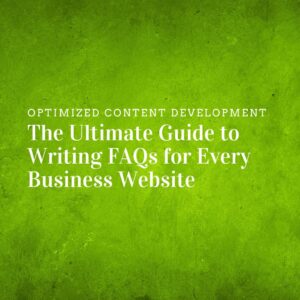Keywords matter because they tell Google what your content is all about. Do you know the different types of keywords in SEO? How can you choose a valuable SEO keyword? What makes you pick a particular keyword that brings you the right kind of traffic on your web page?
The simple answer is “search intent.” Search intent (also known as “user intent”) is used to describe the goal of an online search. It’s the reason why someone types a particular keyword in the search bar. That reason could be to find some useful information, find a specific website, or buy something. These search queries refer to various stages of a buyers’ journey.
Besides search intent, other SEO metrics like search volume, keyword difficulty score, cost-per-click, and SERP relevance help you choose the right keyword. It is important to choose the keywords that will pay off and optimize for them, especially if local SEO is crucial to your business. To create an intent-based strategy, you’ll need to start with keyword research that considers various types of keywords. This article will discuss different types of intent-based keywords, along with other important SEO metrics.
Types of Intent-Based Keywords in Search Engine Optimization

What exactly are the various types of keywords? Keyword type is by and large determined by a searcher’s intent and are broadly categorized into four main groups:
- Transactional keywords
- Commercial keywords
- Navigational keywords
- Informational keywords
1. Transactional Keywords
Transactional keywords are those that signal a searcher’s intention to make a purchase or take action on a website soon. Transactional keywords are most likely to result in conversions (sales). This is because the search contains a term that enhances a sense of urgency or a desire to buy or act on a website.
Someone typing a long-tail keyword “where can I get cheap shirts online?” is more likely to purchase on the site they go to immediately after searching.
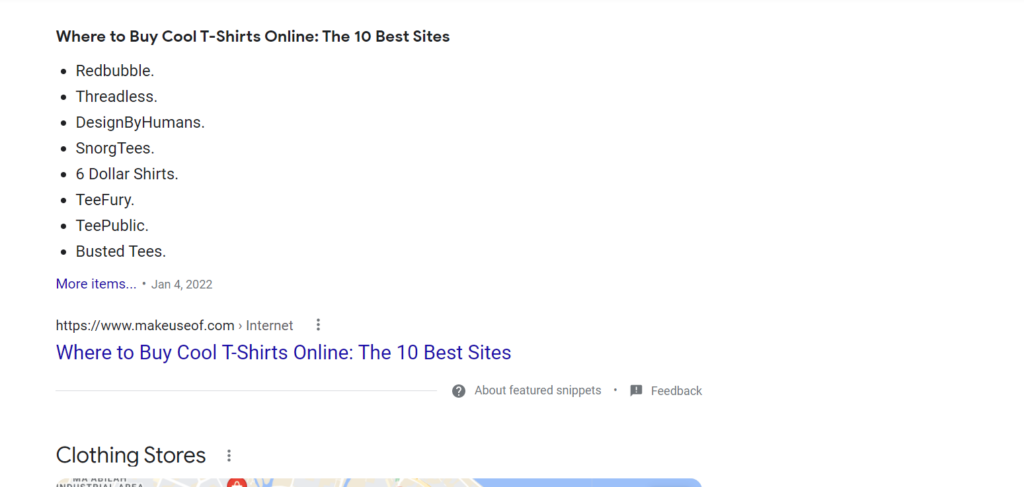
In contrast, if someone types a short tail keyword like “shirts” in the Google search bar, she might only be looking for information on shirts like their history, sizes, and types.
Similarly, someone typing “order pizza online” is more likely to purchase a pizza in contrast with someone searching for “pizza recipes” or “pizza baking tips.”
One of the easy ways to find transactional keywords is to look for words like “purchase,” “buy online,” “order,” “where can I buy” etc in the keyword phrase. These hints can help you find the right keyword you are looking for.
2. Commercial Keywords
These are the product keywords or service keywords. These show that a person is researching a specific product or a service but they may not be ready to make a purchase yet. They are knowledgeable about their needs (problem aware) and the available solutions (solution aware) but they are looking for the right deal to make a purchase.
One way of finding commercial keywords is to combine location-specific keywords with industry-specific keywords, e.g. Web design Milford.
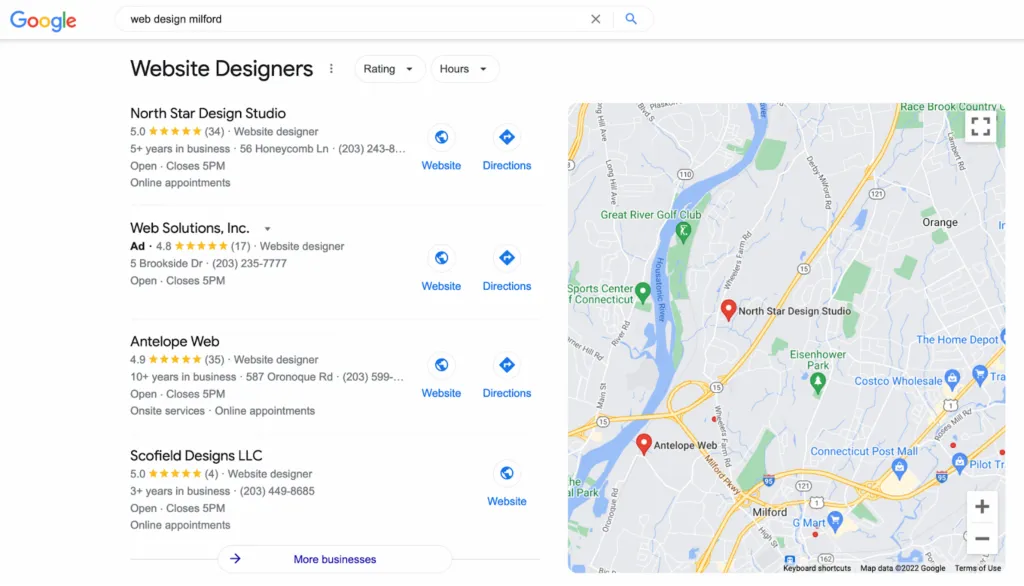
In other cases, you can combine industry-specific and product-specific keywords e.g. organic mangoes, eCommerce web hosting, password management tool, etc.
3. Informational Keywords
An informational keyword shows that a searcher is looking for an answer to a specific question or general information. The people who type informational keywords are in the “awareness phase” in the buyer’s journey. They have just realized that they require a product or service to make their lives easier or address a problem.
They’re eager to learn more about a topic, problem, product, or service, so they utilize informational keywords to help them do so.
Some common examples of informational keywords are “how to paint a wall,” “Advantages of vitamin C” etc.
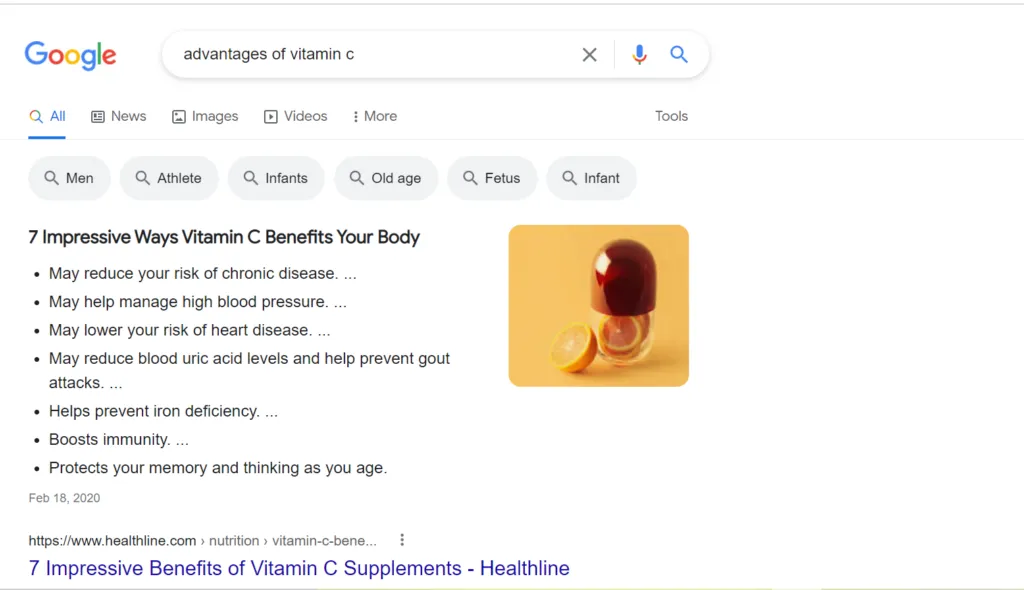
For example, one of our clients, a tree company, used informational phrases + an industry term to target the right customers.
- How to grind a stump?
- Advantages of tree pruning
- Tips for hedge cutting
When you create content focused on informational keywords, you catch the attention of a prospective customer by providing the required information. You also establish yourself as an industry leader by disseminating knowledge about your field and solving problems for your consumers.
Blog articles, infographics, videos, guidelines, checklists, and interactive content are the most effective content formats to optimize for informational keywords.
That being said, SERP relevancy and Keyword Difficulty are important metrics to consider when deciding if an informational keyword is worth optimizing for. Read more on that below.
4. Navigational Keywords
These keywords are frequently missed on smaller projects because they are more significant to larger firms. They are usually brand-related and they aim to reach a certain web page or a product. For this reason, they can also be called “branded keywords.” Some examples of these are “JP Morgan Online Banking,” or “North Star Design Studio Services.”
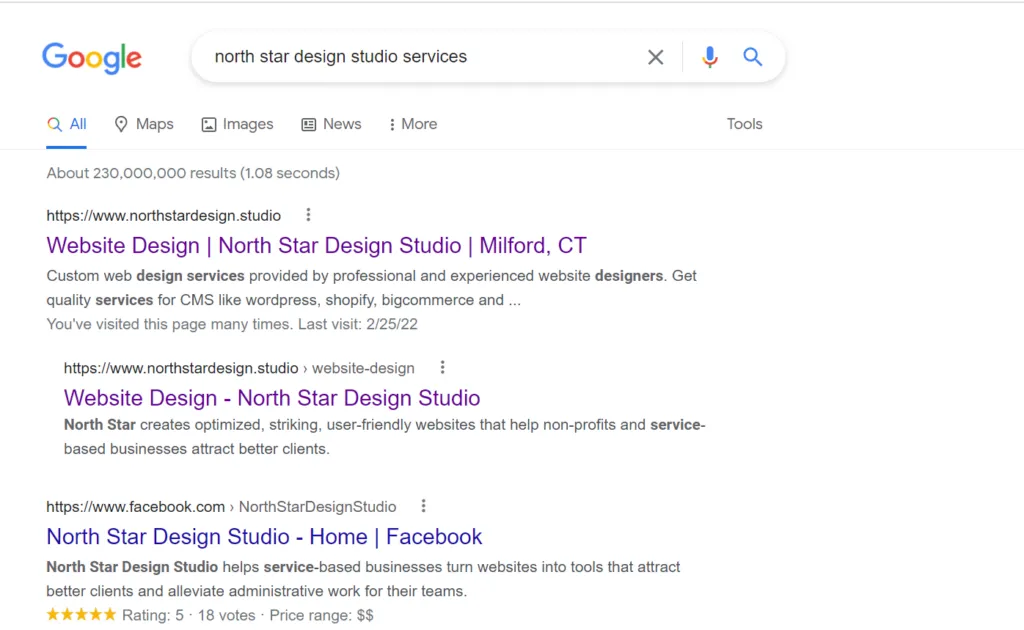
Long Tail Keywords and Short Tail Keywords
Keywords can also be grouped based on their size i.e. Long tail keywords and short-tail keywords. Long-tail keywords are keyword phrases that are longer and more detailed, that visitors are more likely to use as they get closer to a point of purchase e.g. “cheap Nike running shoes.”
Short tail keywords are search queries with no more than three words in them. Rather than referring to specific themes, they allude to rather broad ones e.g. “running shoes.”
What is the Role of SERP Relevancy in Choosing a Good Keyword?
SERP Relevancy is the practice of examining the top-ranking websites in the SERP (Search Engine Results Page) to see if the competition for a specific term is relevant and if you can outrank your competitors. It’s a crucial aspect of keyword research.
Sometimes a keyword appears to be quite relevant but proves to be a poor choice. It is because the ranking web pages for that keyword are quite different from yours in terms of the type of content, the number of backlinks, or the search query’s intent. For example, if you have a product landing page, you generally don’t want to rank for a keyword whose SERPs are filled with informational guides.
A good example of a tricky keyword is “comfortable bedroom chair.” The SERPs for this keyword abound with long-form blog content and heavy hitters like Amazon, which makes it a poor choice for a landing page selling chairs if your company isn’t touting a five figure+ monthly marketing budget.
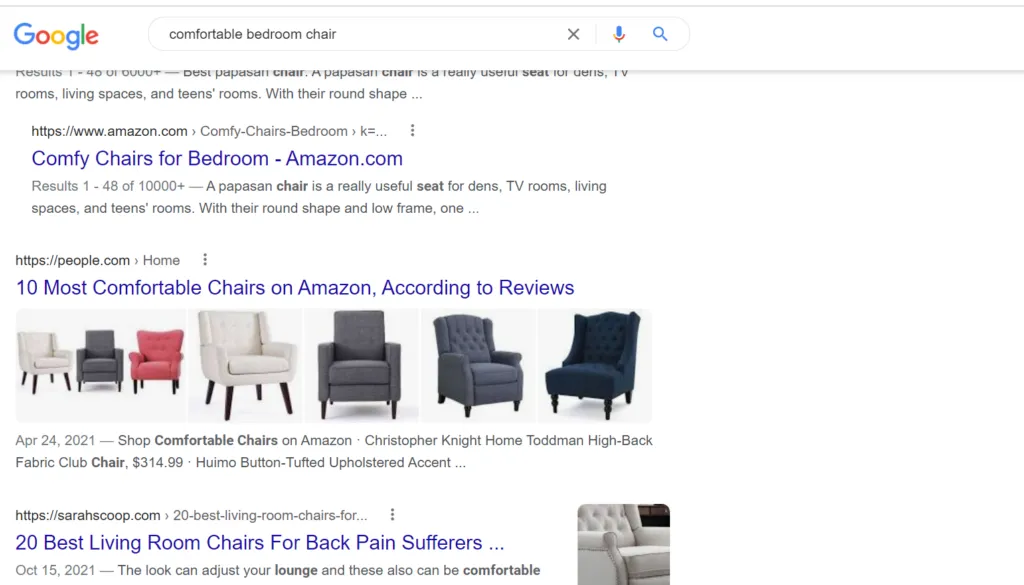
This is where SERP relevancy comes into play. Relevancy helps you decide whether a keyword is a good choice or not. Another common example is the difference in the SERPs between two very similar keywords “cleaning and sanitizing” Vs. “cleaning and sanitizing services.”
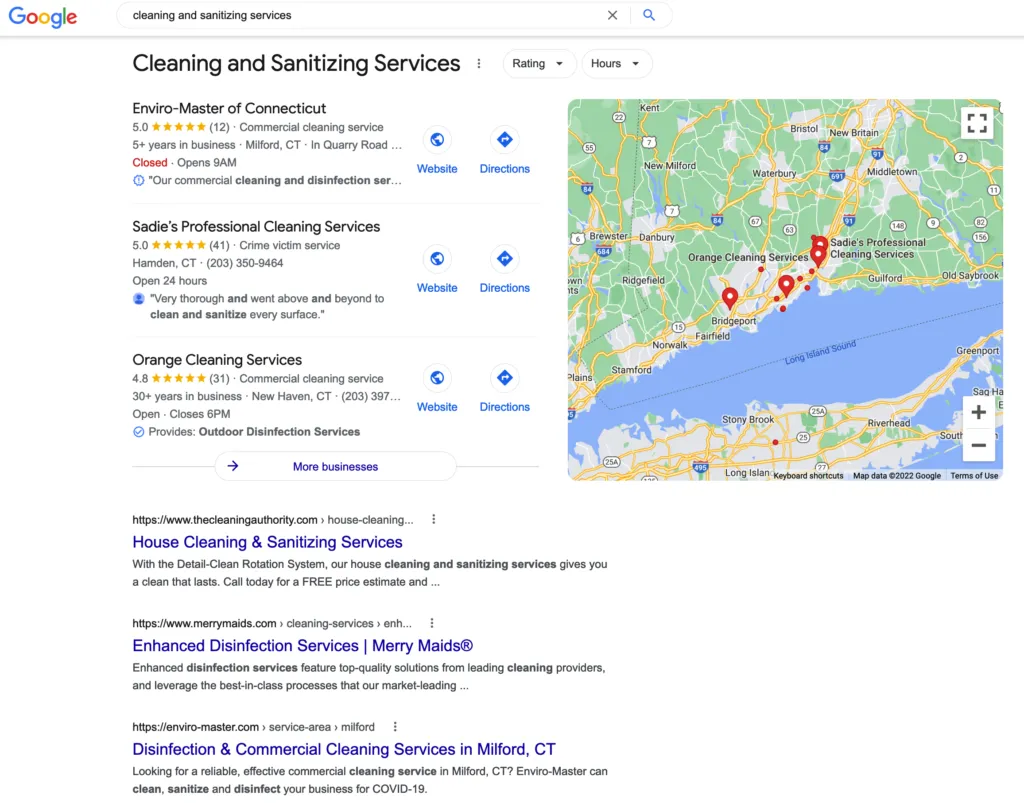
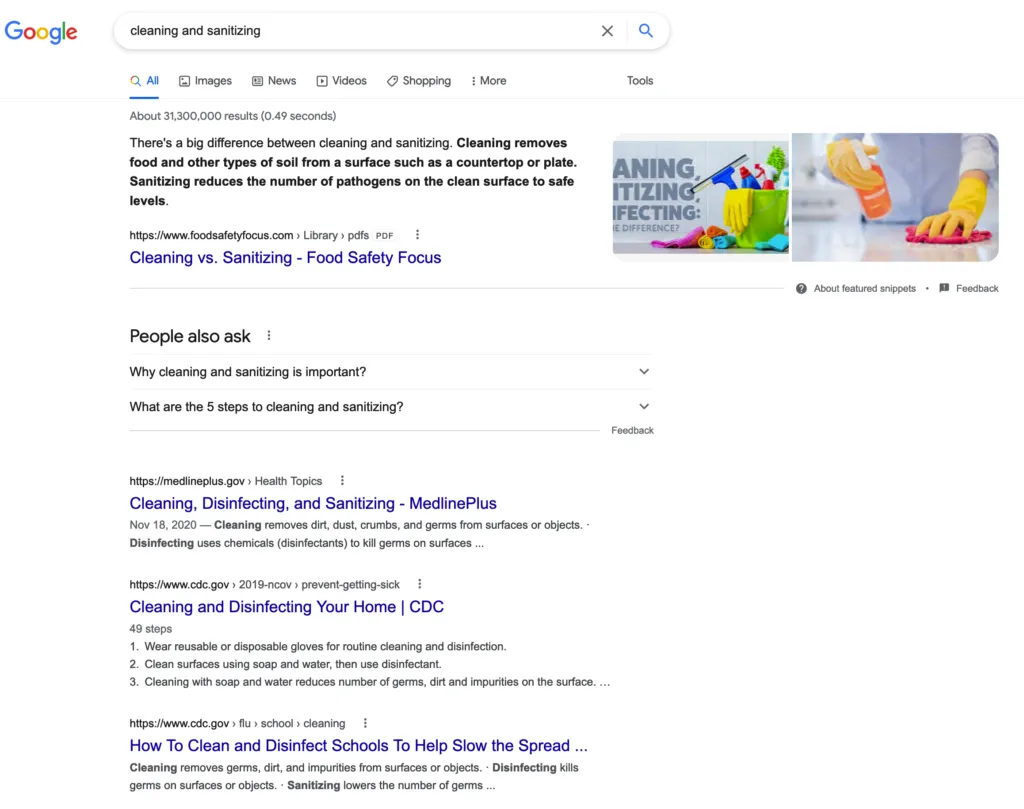
While the SERPs for the first keyword show blog posts and information guides, the SERPs for the second keyword reveal commercial services. This indicates how important it is to examine SERPs before choosing the keyword for a page.
What is Keyword Difficulty Score and Why It Matters
Keyword Difficulty determines how difficult it is to rank for a given keyword. The higher the keyword difficulty score, the more backlinks you need to rank for that particular keyword.
When determining which keywords to target, keyword difficulty is an important SEO metric to consider. You should avoid targeting keywords with a lot of competition because ranking for those searches is difficult. As a result, striking a balance between search volume and keyword difficulty is critical. In an ideal world, you’d like to target keywords with moderate to low competition and better search volumes.
What is Keyword Search Volume?
The number of times a specific term is searched for in a given period is known as keyword search volume. This metric helps a professional SEO marketer to estimate how popular a keyword is. This data then informs their strategy for determining which keywords are most likely to generate interest and traffic.
There are certain pitfalls related to this metric. First, this metric reflects the total number of searches for that keyword, rather than the number of unique people searching for it. So if the search volume of a keyword is 50, it could be 50 different people typing that keyword in their search bars or 5 people each typing this keyword ten times.
Secondly, most of the SEO tools do not provide an accurate search volume, rather an annual average. By default, Google’s algorithm calculates search volume as the monthly average for the past 12 months. This means that the information is not the latest and if a keyword is seasonal, its search volume could be much lower or higher at a particular time during the year.
Lastly, greater search volume doesn’t mean more clicks. For example, if we type “local time in Milford,” we instantly get the required information without clicking any of the SERPs. This indicates that if a keyword has a large search volume, it doesn’t necessarily mean you get more traffic also.
These pitfalls aside, the search volume metric is of great value. It shows how popular a search query is. It plays a critical role in defining the content strategy for a website. Ideally, SEO professionals like to pick long-tail keywords with high search volume, and low keyword difficulty scores. This metric enables SEOs to have an estimate for potential traffic. This way, it plays a critical role in selecting one keyword phrase over another and defining the overall SEO strategy for a website.
Key Takeaway
Search intent is everything when analyzing the user data of any keyword or search phrase. You can benefit from a deep grasp of search intent if you use more effective keyword research by focusing on keywords that are relevant to your organization’s and audience’s demands. Create content that answers user questions and arrange pages in a user- and search-engine-friendly manner. By doing so, you will create content that search engines recognize as more valuable and relevant to its users to rank higher.
Besides understanding user intent it is also important to strike a balance between keyword difficulty score and search volume. Avoid being misled by keywords with just one supporting metric. Instead, choose keywords that have multiple metrics leaning in their favor like low keyword difficulty score + search volume + appropriate user intent.
Many factors contribute to online success. Results won’t happen overnight but expert keyword research can go a long way to get your business in front of potential customers.
At NSDS, we offer industry-leading expertise backed by years of successful SEO plan implementation for our clients. You may found us online while searching for professional web development or SEO services, and that alone should tell you that we know what we are doing. Ready to get started? Schedule your consultation today.

